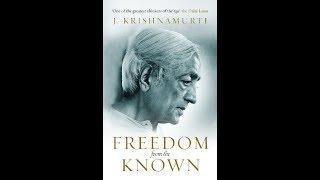Edgar Cayce approaches the Revelation most closely to the traditional symbolic interpretation. But he saw beyond the symbolism of earthly matters, seeing the text filled with metaphors of mental and spiritual matters. In fact, Cayce teaches that the whole Bible is more than a historic record of humanity’s physical journey with God and with one another; it is also an allegory of metaphysical activities and influences. And as an allegory it contains hidden teachings, insights, lessons, and instructions concerning the origin, growth, and destiny of our nonphysical souls. And it is both a microcosmic view in which the story is very personal to each individual soul, and a macrocosmic view in which all souls are involved as a soul group.
For example, he taught that the biblical Adam did not only represent an individual soul but an entire soul group. (EC 900-227) And that our souls were among that group, a group called in the Book of Job the “Morning Stars.” Here’s that text: “Then the Lord answered Job out of the whirlwind, saying, "Where were you when I laid the foundations of the Earth? Tell me, if you have understanding. Who laid the cornerstone, when the morning stars sang together, and all the sons of God shouted for joy?’” (Job 38:1-7)
Our souls were alive long before this incarnation and will live long after it. According to Cayce, the Bible tells the story of our souls’ journey (individually and as a group) from our creation in the image of God, through the fall from grace and the loss of the Garden, up through the struggles to regain that glory that was ours “before the world was.” (EC 1158-9 and John 17:5) The Revelation, according to Cayce, is a very special part of the great biblical story and should be studied as a kind of roadmap for the final spiritualization of our bodies and minds to fully reach our intended purpose for existence: eternal companionship with our Creator.
The psalmist wrote: “I say, 'You are gods, sons of the Most High, all of you.’” (Ps. 82:7) And even Jesus addressed this: “Is it not written in your law, "I said, you are gods’? If he called them gods to whom the word of God came (and scripture cannot be broken), do you say of him whom the Father consecrated and sent into the world, "You are blaspheming,’ because I said, "I am the Son of God’?”
- Category
- Spirituality/Religon


